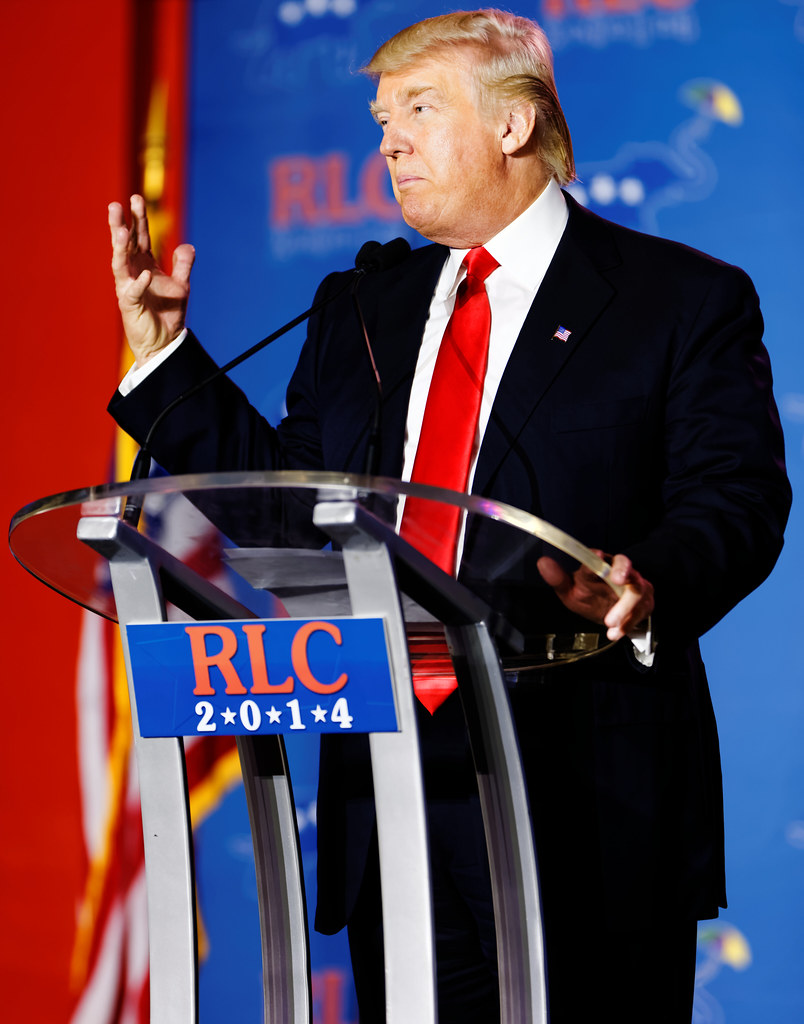The forthcoming Supreme Court decision on Donald Trump’s claim of presidential immunity has sparked a critical conversation about the boundaries of presidential power and its implications for American democracy. At the heart of this debate is a clash between the desire for accountability and the principle of immunity, a conflict that could have far-reaching consequences for the nation’s legal and political landscape.

Liz Cheney, a Republican member of the January 6 committee, vehemently argues that the Supreme Court’s intervention in the case will deprive Americans of essential information regarding Trump’s efforts to overturn the 2020 election results. Cheney, a vocal critic of Trump and ousted Wyoming congresswoman, has emphasized the urgency of the matter, urging the Supreme Court to make a swift decision. She highlighted the suppression of ‘critical evidence that Americans deserve to hear,’ underscoring the gravity of Trump’s actions and the necessity of holding him accountable before the next election cycle.
The crux of the legal battle lies in Trump’s assertion of immunity against criminal charges for his actions aimed at overturning his 2020 election defeat by Joe Biden. The Supreme Court has scheduled oral arguments for late April, which could delay the trial until after the November elections, thereby influencing the outcome and potentially benefiting Trump’s legal and political strategy.
This delay has prompted varied reactions. While Trump has celebrated the Supreme Court’s decision as a victory, others see it as potentially advantageous for the Democrats. Congressman Ted Lieu optimistically projected that a delayed trial could result in a ‘largest blue wave in history.’ However, legal experts warn that the delays in the trial and other legal cases Trump faces might have dire consequences for democracy, emphasizing the unique importance of this case in terms of its democratic implications.
Former Representative Cheney’s call for a prompt decision by the Supreme Court reflects a broader concern for the integrity of the justice system and the democratic process. The Supreme Court’s decision, whether it grants Trump immunity or holds him accountable, will not only influence the immediate political landscape but also set a precedent for the balance of power and accountability in the highest office of the land.
As we await the Court’s decision, it’s clear that the stakes are high. This case is more than a legal battle; it’s a test of the resilience of American democracy and the principles that sustain it. The outcome will shape the narrative of presidential accountability for years to come, underscoring the importance of a justice system that upholds the rule of law and safeguards democratic integrity.
Related posts:
Liz Cheney: supreme court delay will deny voters ‘crucial evidence’ on Trump
Liz Cheney urges Supreme Court to act quickly on Trump immunity
“The Red Court Delays Justice: The Implications of the Supreme Court’s Decision on Donald Trump’s Immunity”





